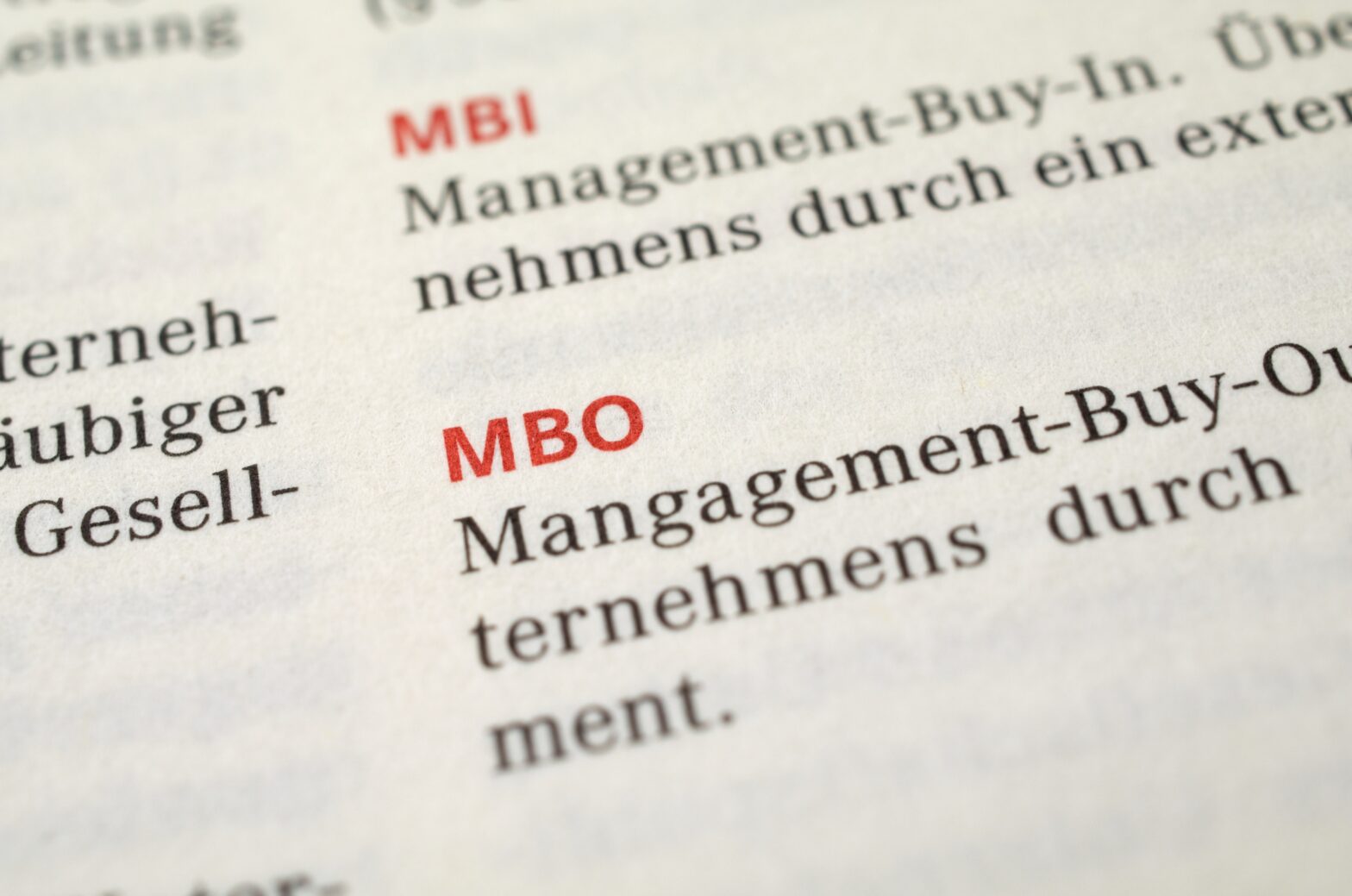Australian retail giant Wesfarmers has recently announced it will acquire the British DIY chain Homebase for £340 million, subject to approval by the shareholders of Homebase owner the Home Retail Group.
Wesfarmers is the owner of Bunnings, Australia’s largest household hardware chain. Managing director John Gillam said: “The Bunnings team has done a lot of work to make sure it understands the market and the opportunity, including having visited hundreds of stores, spending significant time researching the market and closely studying international retail expansions into the UK and other markets.”
£500 million will be invested in the Homebase stores, which will be rebranded as Bunnings, with new senior management.
This transaction highlights some key considerations for overseas buyers planning to enter the UK market by acquiring a British company.
Shareholder approval
There are no restrictions on foreign ownership of UK companies. However, if the acquiring company already has a presence in the UK or EU, it may be necessary to notify the Office of Fair Trading or the European Commission under competition and merger-control rules.
Where, as here, the target company is owned by a listed company, shareholder approval is required under the Financial Conduct Authority’s Listing Rules.
Thought should be given to tax issues. A buyer of shares in a company will have to pay stamp duty at 0.5% of the purchase price. Tax considerations may also determine whether the buyer should own the target company directly or through an intermediate holding company, perhaps located in another jurisdiction.
A UK company will pay corporation tax annually on any profits made worldwide, subject to any applicable double tax treaties.
The structure of the acquisition will be affected by how it is financed – whether by debt funding, such as Wesfarmers has arranged, or by a private equity stake.
As with any acquisition, careful investigation of the target company is essential. This will include analysis of the company’s business, market and competitors, and examination of audited and management accounts. Legal due diligence should cover matters including share ownership, contracts, licences, employment, intellectual property, IT systems, disputes, health and safety, environmental issues, real estate, pensions and tax.
Because such investigation will take time, it may be advisable to enter into a confidentiality and exclusivity agreement at an early stage. In contrast to expectations in some other countries, any non-binding heads of terms in a preliminary agreement may well be subject to change as a result of the due diligence process.
The details of the share purchase agreement
The buyer can protect itself from exposure to the target company’s existing liabilities by including warranties and indemnities in the share purchase agreement. An example of a warranty would be a statement by the seller that the company has no existing environmental liabilities. If, after the acquisition has taken place, that statement turns out not to be true, then the buyer can recover any loss resulting from such liabilities from the seller.
It is usual in UK share purchase agreements for warranties to be qualified by disclosure by the seller to the buyer of any existing liabilities of which the seller is aware. The negotiation of warranties and the related process of disclosure is a key part of the acquisition process. It provides a means by which the buyer can elicit information about the company, as well as protecting itself against unknown liabilities.
The share purchase agreement itself will be drafted in the first instance by the buyer. The applicable law may be that of the buyer or the seller, as the parties agree, and the choice of law will affect the way in which certain provisions are drafted – indemnities are typically treated differently in US agreements, for example. Advice on the applicable law chosen is essential.
The execution requirements for an agreement subject to the law of a European country may include formalities such as notarisation, which may take time to arrange.
A foreign buyer will need to understand the UK regulatory environment in which the target company operates. For example, UK employment law offers more protection to employees than in the US but rather less than found in many European jurisdictions. UK intellectual property rights, on the other hand, are broadly similar to those in other member states of the EU.
Where the overseas buyer is an SME, merger-control rules and the FCA Listing Rules are unlikely to apply. But the other considerations outlined here, especially due diligence and warranty protection, will be just as relevant to an SME acquisition.
While Homebase employees will hope that the Wesfarmers deal will lead to growth for the company, the success of an acquisition can never be guaranteed. Whether the buyer is from overseas or the UK, and whether it is a large conglomerate or an SME, careful due diligence and negotiation of warranties are key to protecting a buyer’s interests.







